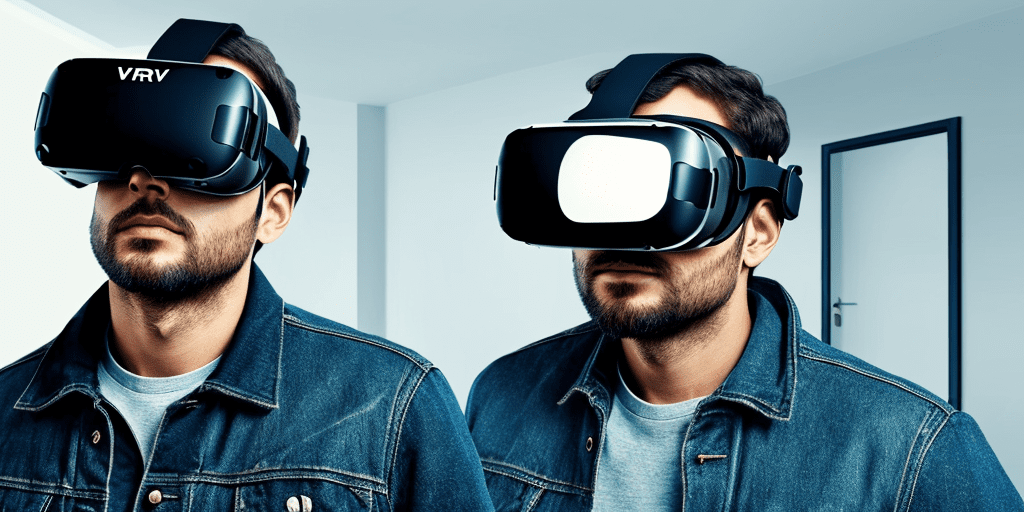Virtual Reality: The Future of Real Estate
Virtual reality technology has been making waves in many industries, and real estate is no exception. With the ability to create immersive experiences, virtual reality has the potential to revolutionize the way we buy and sell properties.
As more and more people turn to online platforms for their real estate needs, virtual reality offers a unique solution to the limitations of traditional property viewings. By allowing buyers to explore properties in a fully interactive and customizable environment, virtual reality can provide a level of detail and insight that was previously impossible.
The Benefits of Virtual Reality in Real Estate
Virtual reality technology has revolutionized the way we experience the world, and the real estate industry is no exception. With virtual reality, potential buyers can tour properties from the comfort of their own home, saving time and money on travel expenses. This technology also allows sellers to showcase their properties in an immersive and interactive way, providing a unique selling point that sets them apart from the competition.
In addition to the convenience factor, virtual reality can also help buyers visualize themselves in a space. By allowing them to see the property in 3D and explore every nook and cranny, they can get a better sense of the layout and flow of the space. This can be especially helpful for buyers who are relocating or unable to physically visit the property before making a decision.
Virtual Reality Property Tours
Virtual reality technology has revolutionized the way properties are showcased to potential buyers. With virtual reality property tours, buyers can experience a property as if they were physically present, even if they are located thousands of miles away.
These immersive tours allow buyers to explore every nook and cranny of a property, from the kitchen to the backyard, without ever leaving their home. This not only saves time and money for both buyers and sellers but also provides a more accurate representation of the property than traditional photographs or videos.
Virtual Staging and Redesign
Virtual staging and redesign is a powerful tool that can help buyers better visualize themselves in a property. By using virtual reality technology, real estate agents can show potential buyers what a home would look like with different furniture arrangements or decor styles. This can make it easier for buyers to envision themselves living in the space and can ultimately lead to more successful sales.
In addition to helping buyers visualize themselves in a property, virtual staging and redesign can also save time and money. Rather than physically moving furniture and decor around, which can be time-consuming and expensive, virtual staging allows agents to quickly and easily create multiple design options. This can be especially useful for vacant properties or those in need of a refresh.
Virtual Reality and Property Development
Virtual reality technology has the potential to revolutionize the property development process, from initial design to final construction. By using virtual reality simulations, developers can create more accurate and detailed models of their projects, allowing them to identify potential issues before they arise.
In addition, virtual reality can be used to provide clients and stakeholders with a more immersive experience of the project, helping them to better understand the design and visualize the finished product. This can lead to greater collaboration and more informed decision-making throughout the development process.
The Future of Real Estate with Virtual Reality
Virtual reality has already made a significant impact on the real estate industry, and it’s only going to continue to grow in importance. By creating immersive property tours, virtual staging and redesigning, and aiding in property development, virtual reality is changing the way buyers and sellers interact with real estate.
In the future, virtual reality will likely become even more prevalent in real estate. As technology advances, it will become easier and more cost-effective for real estate professionals to incorporate virtual reality into their businesses. This will lead to increased efficiency, better customer experiences, and ultimately, a more successful real estate market.



